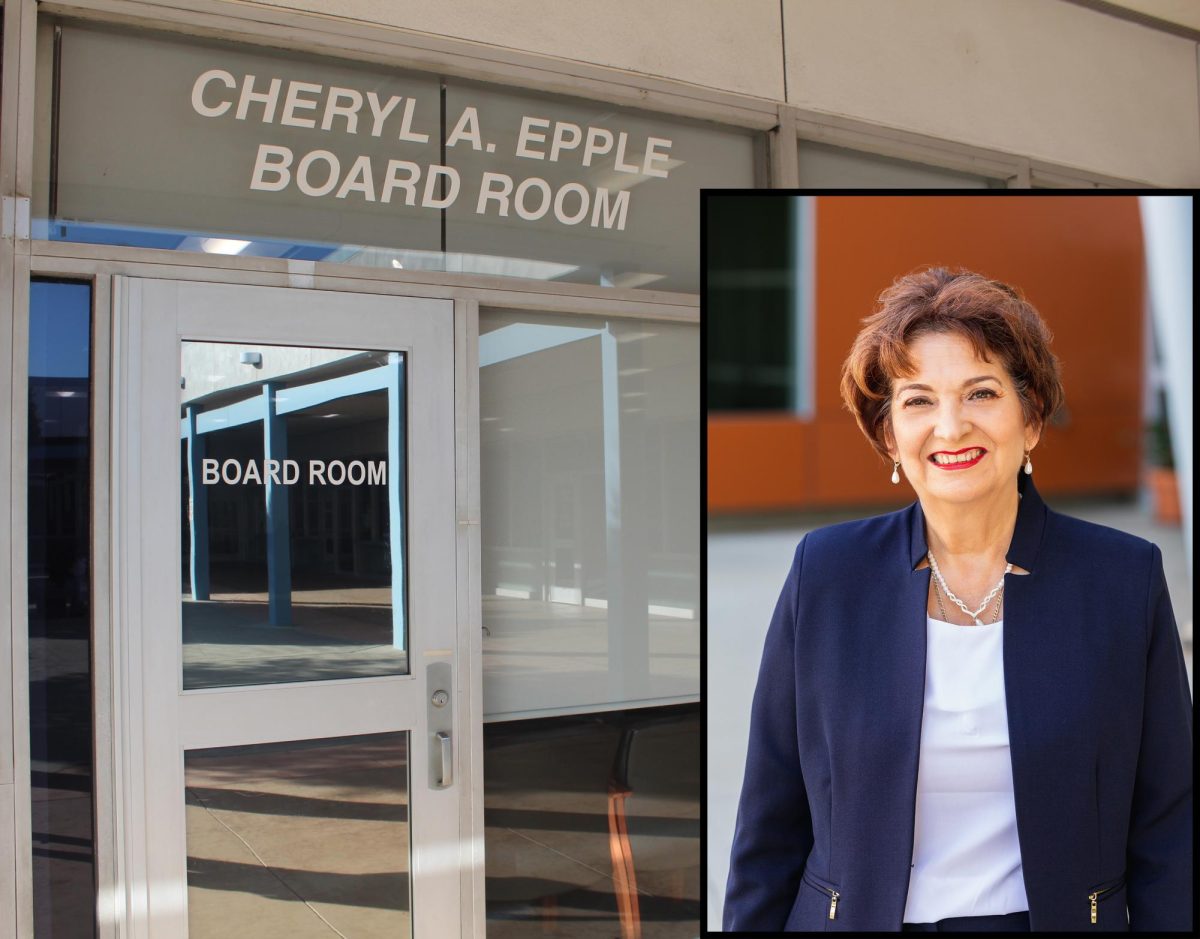Executive council at Cerritos College will meet on Wednesday to possibly finalize a reduced list of course offerings for this year’s summer session.
The list, which has been scrutinized to meet certain criteria, is expected to be available online for students as early as next week.
Vice President of Academic Affairs Bill Farmer advises students to make sure that all necessary paperwork is in order so that when their registration time arrives, they are ready and prepared to register for the classes that they want.
“There is going to be extremely high demand for very few classes,” Farmer said.
Division deans, department chairs and other faculty members worked with Farmer for more than a month to decide which classes made the cut.
After reviewing three possible scenarios for cuts, based on the approval or denial of the tax extension that might make it on the June ballot, administrators chose to plan for a summer session that limits enrollment by approximately 500 full time equivalent students.
Cerritos College received enough state funding to enroll 15,645 FTES next fiscal year, 1,418 less than the school was able to account for this year.
“Unfortunately we have to live within our means and we have no control over the budget that Sacramento provides us,” Farmer said.
A FTES, Farmer explains, is a student taking 15 hours of instruction a semester for two semesters.
Two or more students enrolled in 15 combined instructional hours per semester are regarded as one FTES.
The school then adds up the total instructional hours students are enrolled in and divides it by the number of hours that equal one FTES, which are 525 instructional hours a year, to calculate how many FTES are enrolled.
After coming to the conclusion that class offerings would have to be reduced, Farmer and other staff came up with a list of classes that met certain criteria.
Classes included in the schedule for this summer are gateway courses, completion courses, or high-demand, high-capacity courses.
Gateway courses are those considered to be the first course in a program, or basic skills courses that grant students entrance into a credit transfer or certificate program.
Completion courses are necessary for students to complete a vocational certificate or degree program. Included in this category are career and technical program courses, such as those for the Dental Assisting and Hygiene Program.
High-demand, high-capacity courses are general courses that a large number of students are sure to enroll in. Social science and fine arts courses are likely to make it on the list, Farmer said.
Aside from limiting some students’ chances to complete coursework within a planned timeframe, a reduction in courses for the summer has limited teaching and income opportunities for instructors.
Faculty Senate President Debra Moore explains that while some instructors taught two classes last summer session, those who were able to get a class this year will most likely only teach one.
Athletics instructor Debbie Jensen believes that “everybody on campus teaches important classes, so, the conversations are difficult when you use the word ‘cut.’
“You usually teach three classes, now you’re cut down to one.”
Jensen, who will not be teaching a class this summer and expected “severe” cuts for this session, has been saving her money for two years, but empathizes with instructors who have not had time to prepare financially.
“It’s going to be difficult for some teachers to make their mortgage payments, it’s going to be difficult for some teachers to make their car payments.”







